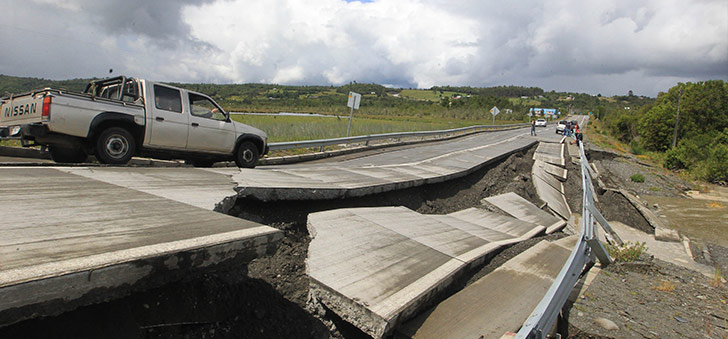Our contribution to narrowing the protection gap in Latin America

Chile, Colombia, Peru and Mexico are nations highly exposed to earthquake risk. With a history marked by a devastating level of fatalities and significant property damage, the latest tragedy that struck Mexico City in September 2017 claimed more than 450 lives and caused economic losses of approximately USD 12 billion. .
To this day, the protection gap in Latin America remains considerable. Due in large part to the economic circumstances of the population, insurance coverage is a privilege few families and businesses can afford. This puts enormous pressure on government budgets and taxpayers in the event of catastrophes.
That is why we are proud to have helped structure and place the largest sovereign-sponsored parametric catastrophe bond ever issued, through the World Bank's global debt facility on 7 February 2018. Swiss Re held the mandate of joint lead for the wider consortium. This is the latest in a series of innovative catastrophe bond placements that we have developed in collaboration with the World Bank, another recent example being the Pandemic Emergency Financing Facility.
With a notional value of USD 1.36 billion, the new facility will provide members of the regional integration initiative "Pacific Alliance" the financial support to rebuild their countries following major earthquakes. Created in 2011, the Pacific Alliance is a political and economic initiative between Chile, Colombia, Peru and Mexico. While these four countries have further strengthened their economic alliance with this transaction, the flexible nature of parametric covers allows each country to customize its coverage in line with its exposure and overall disaster risk financing strategy.
Insurance and reinsurance is fundamentally about adopting a long-term view of risk management and quantifying the risk of unforeseen events. By taking concerted action, governments can build a stronger response to common risks that pose a threat to their countries' economic development, thus contributing to narrowing the protection gap.